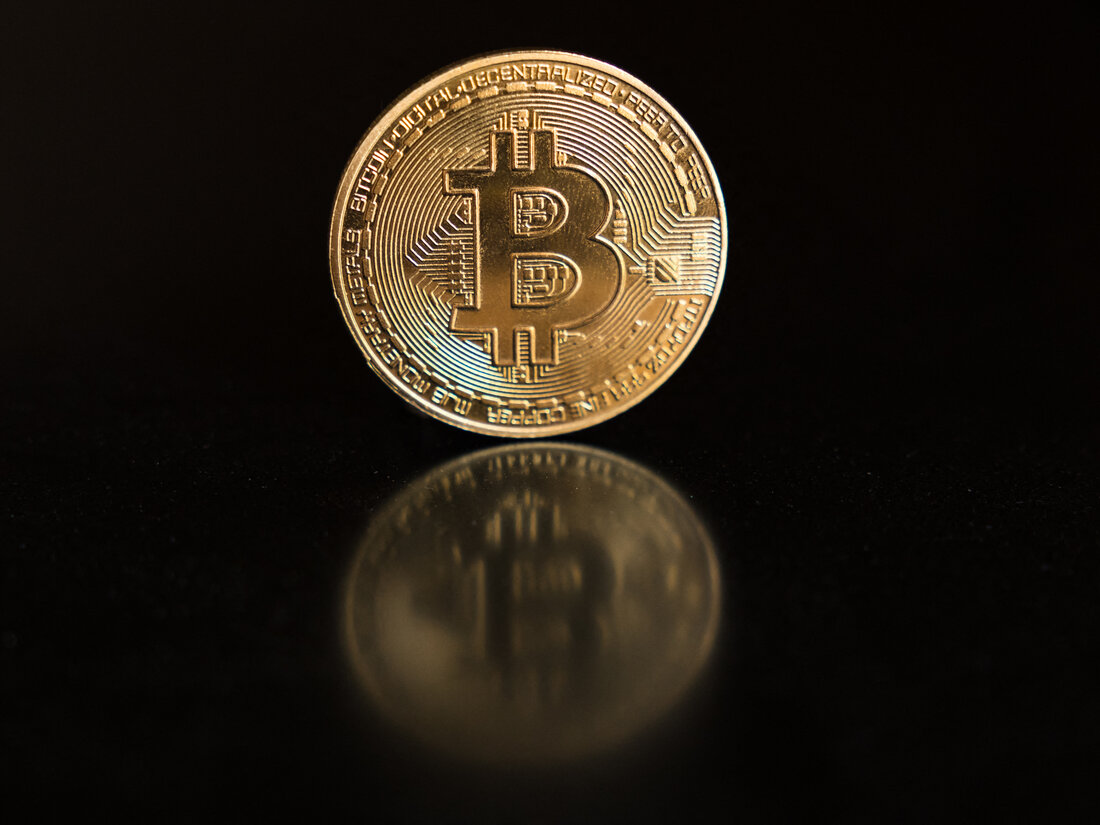Global stock markets struggled for momentum on Monday as investors expressed skepticism over China’s latest economic stimulus plans, which were light on specifics.
The vagueness of the announcement failed to boost investor confidence, causing oil prices to tumble and Chinese markets to respond unevenly.
China had pledged to increase debt to stimulate its economy over the weekend, but the lack of concrete details left investors uncertain about the potential impact.
“While more fiscal stimulus may be on the horizon, the measures announced so far haven’t addressed China’s deep structural issues, particularly in its heavily indebted property sector,” noted Mohit Kumar, Chief Economist for Europe at Jefferies.
Despite China’s efforts, oil prices took a significant hit, with Brent crude futures dropping 2.5% to $77.02 per barrel and US West Texas Intermediate crude falling to $73.52 per barrel. This marked a reversal from last week’s gains, as concerns about China’s weak inflation data and unclear economic recovery cast doubt on future demand from the world’s largest oil importer.
US stock futures were mixed, with the market eyeing major third-quarter earnings reports from companies like Goldman Sachs, Morgan Stanley, and Netflix. Meanwhile, Europe’s STOXX 600 index remained subdued as investors awaited the European Central Bank’s (ECB) decision on interest rates, expected later this week.
In Europe, luxury brands like LVMH, Hermes, and Kering, all heavily exposed to the Chinese market, saw their shares dip by 2% to 4%, reflecting concerns over China’s uncertain economic path.
China’s major stock indexes responded differently to the stimulus announcement. The CSI 300 and Shanghai Composite indexes both rose around 2%, buoyed by property stocks, but Hong Kong’s Hang Seng Index slipped by 0.8%. Analysts attributed the disparity to foreign investors’ disappointment over the lack of a clear monetary figure for the stimulus package.
The Chinese yuan weakened by 0.3%, while the US dollar remained firm against major currencies, bolstered by reduced expectations of a large interest rate cut from the Federal Reserve next month. The euro and sterling saw slight declines ahead of key data releases and the ECB’s expected rate cut.
Bond markets were similarly subdued, with France’s 10-year bond yield holding steady despite Fitch’s recent revision of France’s credit outlook from “stable” to “negative.”
The focus now shifts to a busy week of economic data, including China’s third-quarter growth figures, UK inflation data, and decisions from several central banks, including the ECB. Analysts are also closely watching the trajectory of oil prices and how the global economy responds to continued uncertainty around China’s recovery.
While China’s stimulus measures underscore its commitment to boosting its ailing economy, market sentiment remains cautious, with investors awaiting more decisive actions before regaining confidence in a sustained global recovery.









